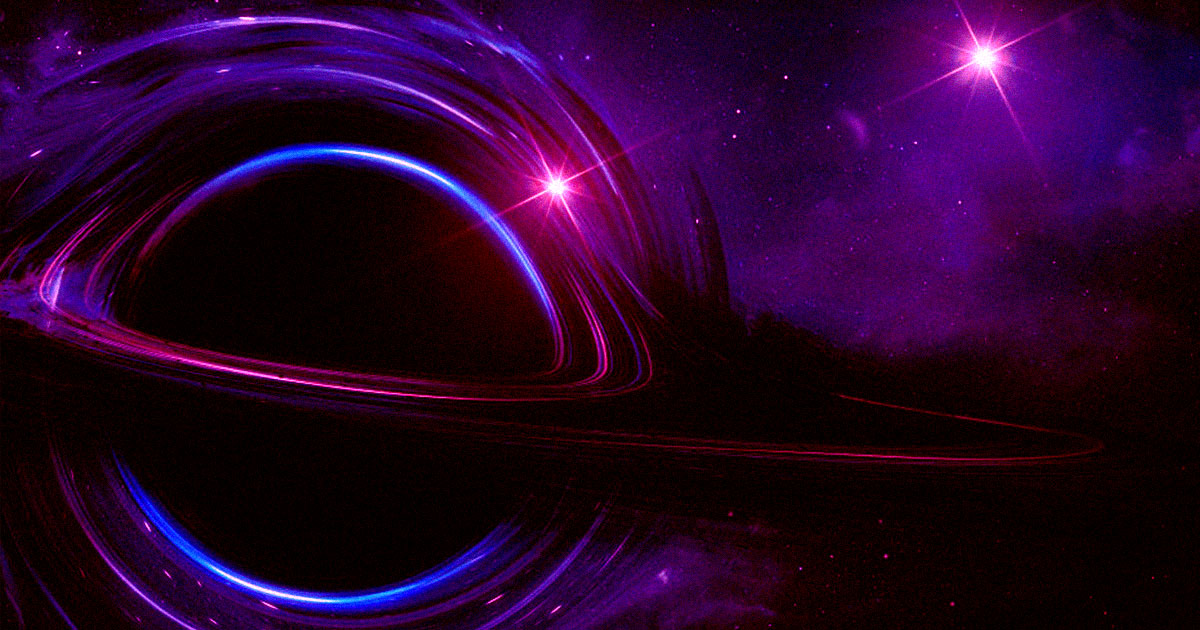Scientists at the Massachusetts Institute of Technology (MIT) have made a remarkable discovery: ancient black holes are having an impact on Earth’s orbit.
These ancient black holes, known as primordial black holes (PBHs), were formed shortly after the Big Bang. Despite their small size, they have the density of an asteroid. Although they haven’t been directly observed, they are believed to pass through our solar system approximately once every decade, affecting the movement of planets and moons.
PBHs were first proposed by astrophysicists Stephen Hawking and Bernard Carr in 1947. They suggested that dense regions in the early universe could have collapsed into black holes. However, detecting these ancient entities has proven to be a challenge.
In this recent study, researchers hypothesized that PBHs may be prevalent in the universe and occasionally interact with our cosmic neighborhood. Using sophisticated simulations involving planets, moons, asteroids, and comets, they calculated the potential impact of a PBH passing close to a celestial body.
The simulations revealed that even a PBH with the mass of an asteroid passing within two astronomical units of the sun could cause significant wobbling in the orbits of planets and moons. Despite this disturbance, Earth’s safety is not at risk.
Now, scientists are developing methods to measure these gravitational wobbles in an effort to detect elusive dark matter. Dark matter, which makes up 85% of the universe’s mass, has never been directly observed. By monitoring subtle changes in Earth’s orbit and the orbits of other celestial bodies, researchers hope to identify the presence of dark matter passing through our solar system.
This groundbreaking research opens up new possibilities for understanding the universe’s hidden mysteries and could lead to groundbreaking discoveries in the field of astrophysics.















































